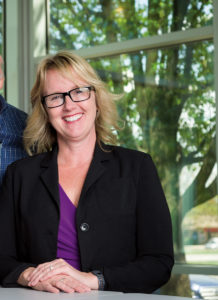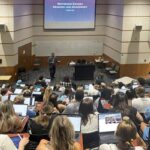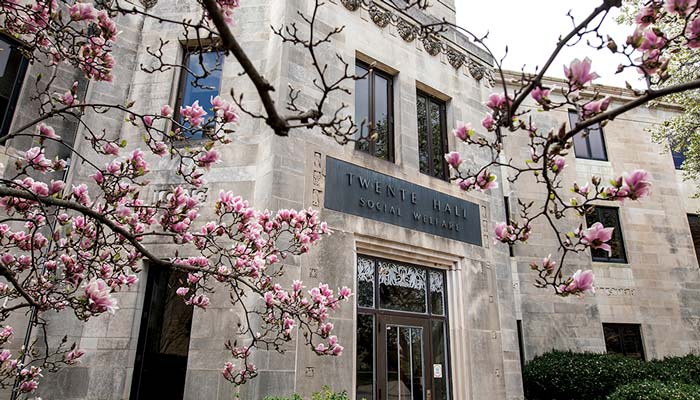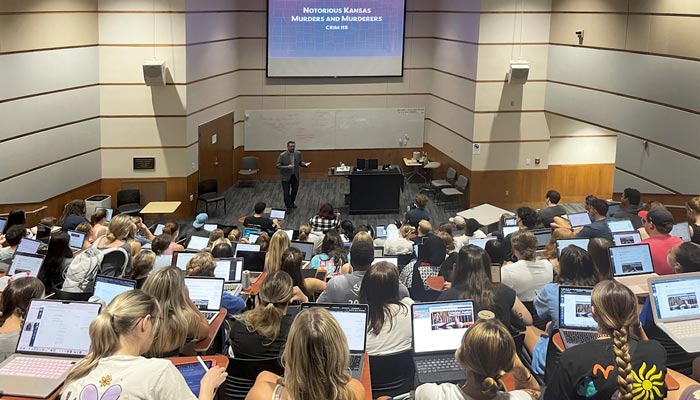Education advocates
KU’s SWIFT Center partners with Gates Foundation to support marginalized students with disabilities
Thanks to a $1.2 million grant from the Bill & Melinda Gates Foundation, the SWIFT Center at the KU Life Span Institute will expand its impact as a national leader in providing research and services that improve learning for all students, especially those left out by traditional teaching methods. In November 2019 the center became a partner in the foundation’s Charter Students with Disabilities Pilot Community Initiative, a $10 million venture that aims to help Black, Latinx and low-income students with disabilities.
Throughout the yearlong pilot project, the SWIFT Center will work with 10 charter management organizations (CMOs) in California, Colorado, Illinois, Louisiana, Massachusetts, New Jersey, New York and Pennsylvania, each of which oversees two charter schools participating in the initiative.

Ninety-one percent of students in the program are Black or Latinx and 83% live in low-income households; SWIFT Center researchers are currently working to determine how many of these students have disabilities.
“Right now in education, if you think of the children who have the most challenges facing them, you find that it is students who are either Black or brown, have disabilities and live in poverty,” says Amy Beers McCart, c’88, g’98, PhD’03, research professor and co-director of the SWIFT Center. “We want to support those students in those populations.”
McCart and co-director and professor Wayne Sailor, g’67, PhD’70, founded the center in 2012 with a five-year, $24.5 million grant—then the largest in KU history—from the U.S. Department of Education Office of Special Education Programs to implement KU’s successful model for integrating students of all abilities in classrooms. SWIFT stands for Schoolwide Integrated Framework for Transformation.
As part of the Gates Foundation project, each CMO will create its own goal and devise a plan to improve key measures in math, English language arts, student engagement or transition to postsecondary life. McCart and her team will provide support and assistance to the 20 schools by helping build strong and engaged leadership, examine educational practices and team structures, and provide tools to improve academic, behavioral and socio-emotional outcomes. By March, SWIFT Center staff had met with nearly half of the participating schools; they have since transitioned to virtual visits because of COVID-19.
McCart believes this work is especially important right now, as educational systems across the country have been disrupted not only by the pandemic but also by racial tension and widespread civil unrest. “For years and years, we’ve operated in a system that was built for children who were predominantly white and who didn’t have a variety of intersections of their identity,” she says. “Over the years, education has failed to meet the needs of Black, brown, poor students with disabilities. And we have years upon years of data indicating that the disproportionate impact on those children is really inexcusable.”
By partnering with the Gates Foundation, McCart hopes to make significant strides in educational improvements for marginalized students—particularly those with disabilities—now and in the years to come. “We’ve been funded because of our experience and expertise to actually address the very population who needs it the most. So, we’re really, really excited about this opportunity.”








